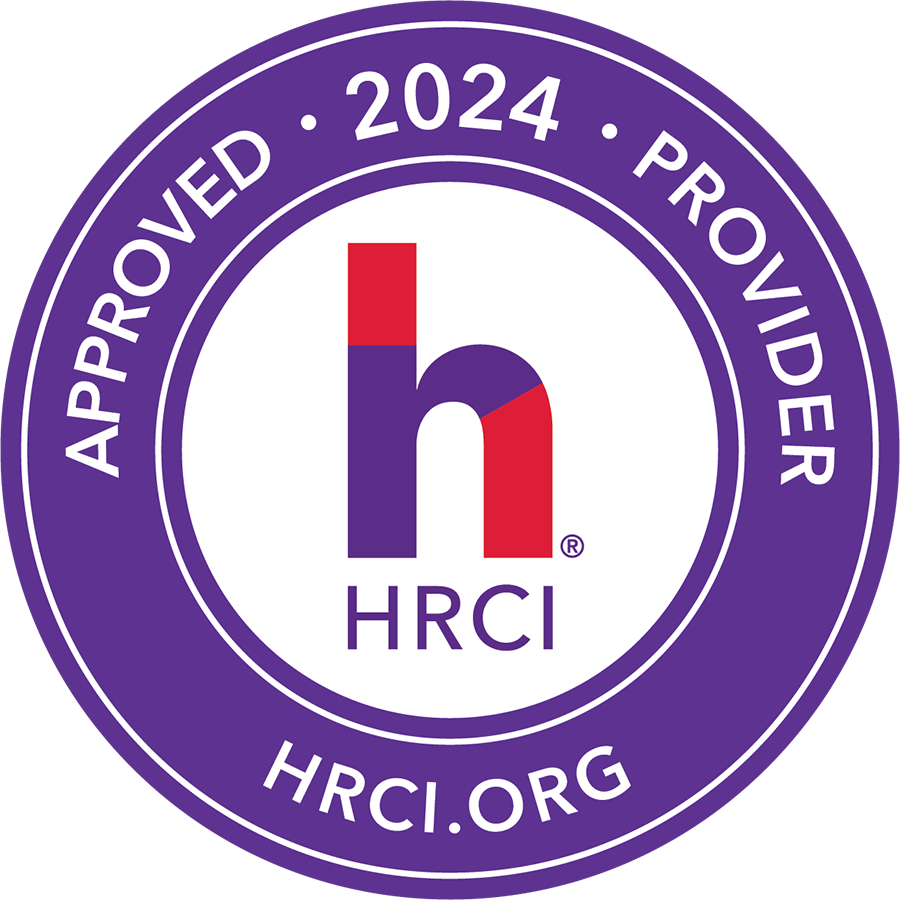Treating Employees Like Adults: Discipline v Empowerment

-
Speaker : Bob Oberstein
-
When : Wednesday, May 29, 2024
-
Time : 01 : 00 PM EST
-
Add To Calendar
Refer a Friend
Bob Oberstein is uniquely qualified with over 50 years of Labor Relations experience on both sides of the table in both the private and public sectors. Bob was also the Director of the Labor Management Relations program at Ottawa University, Phoenix where he also served as Ombudsman for all student, faculty and staff complaints. Bob has several published articles to his credit in addition to his arbitration awards and has also been recognized in Who’s Who Among America’s Teachers. Additionally, Bob served on several boards, commissions, and panels where he participated in resolving or adjudicating all manner of workplace issues in a variety of industries. In all these capacities as well as being both mediator and arbitrator Bob often reviewed disciplines to determine if they were proper and had merit. Additionally, Bob has qualified as both an MD-110 investigator for Title VII and other discrimination related charges as well as being a “Lifetime Certificate Holder” of the Association of Workplace Investigators. Moreover, Bob earned a Master of Jurisprudence in Labor and Employment Law from Tulane University's School of Law. Bob continues to serve the labor management community as well as other groups as an Arbitrator, Mediator, Facilitator, Investigator, Trainer and Educator. Further details about Bob’s unique qualifications can be found on his LinkedIn profile at Linkedin.com/in/boberstein.

This webinar has been approved for 1.50 HR (General) recertification credit hours toward aPHR™, aPHRi™, PHR®, PHRca®, SPHR®, GPHR®, PHRi™, and SPHRi™ recertification through HR Certification Institute® (HRCI®). Please make note of the activity ID number on your recertification application form. For more information about certification or recertification, please visit the HR Certification Institute website at www.hrci.org
For any further assistance please contact us at support@grceducators.com

This webinar describes
- Realizing empowerment is a more useful/productive tool instead of traditional discipline (which all too often makes a situation worse, resulting in a damaged relationship)
- Understanding the concept and relationship between employee empowerment and performance
- How to raise an employee’s performance awareness and accountability
- The use of techniques/strategies for communicating non-disciplinary clear expectations/outcomes
- How emphasizing employee empowerment can reduce friction/conflict between managers and employees (and their representatives)
- How employers can build a culture of mentoring employee success by treating employees as adults
Areas Covered
- Documenting the Empowerment Agreement (with and without a Collective Bargaining Agreement)
- Rights of the parties
- Avoiding setting a precedent or establishing a past practice
- Empowerment Process
- Exemption from the grievance/appeals process
- Final and binding nature of the understanding
- Following up = Following through - Elements and application of:
- Limbo (or “Cryogenic Stasis”) Agreements
- Mirroring for discipline or bidding
- 90-60-45-30 Performance Improvement Program
- Conditional Discharge - LCAs (Last Chance Agreements
- Pre-bid award conference for the mandated seniority-based position
- The Left-handed compliment
Course Level - All
Who Should Attend
All level Managers, Supervisors, Human Resources, Employee Relations, Labor Relations, Attorney, and Union Officers/Representatives/Stewards, all levels of Law Enforcement or Security staff.
Why Should You Attend
Tired of applying the same types of discipline and still getting the same old mediocre or short-lived results? Or maybe it was a “righteous” discipline, but it was still overturned or mitigated by a hearing officer or arbitrator. If so, you might be ready to broaden your horizons by considering how treating employees like adults can not only avoid these issues but empowering employees to act as adults can also result in positive changes to not only their conduct and performance but to the bottom line as well.
Disciplining an employee is the start of what can be a long, costly, and relationship-damaging process with the potential to have that discipline reversed or lessened even if your facts are correct and you followed your process to the letter. Additionally, discipline does not always have a long-term, or sometimes even a short-term effect. So, the question is what is the purpose of discipline in your organization? Is it punishment? Or is it for behavioral change?
Would you like to stop the “shame and blame games” and perceptions of victimization resulting from discipline? If the answer is “yes then this webinar is for you!
By learning and using the techniques discussed in this webinar you will be able to empower employees in the best interests of their own future as well as for the organization. Additionally, should you have no other choice but to proceed with discipline these methods can help you to make a good case even better.
Topic Background
Is traditional discipline always the best choice? Does it always provide the best result? How productive is it for parties to expend resources in a grievance/appeals process or before a federal/state/local board or commission to make its case? And even if the facts are clearly on your side the discipline might still be mitigated or even reversed! Alternatively, are there better options, and if so, what are they and how do they work? The answer is “yes” There are options and when used properly they can promote and enhance the empowerment of all parties. Can such options serve to de-escalate grievance/appeals procedures? Again, the answer is “yes” and this webinar will introduce several alternative approaches designed to evolve your disciplinary process from punishment into empowerment and accountability.
-
$160.00
-

